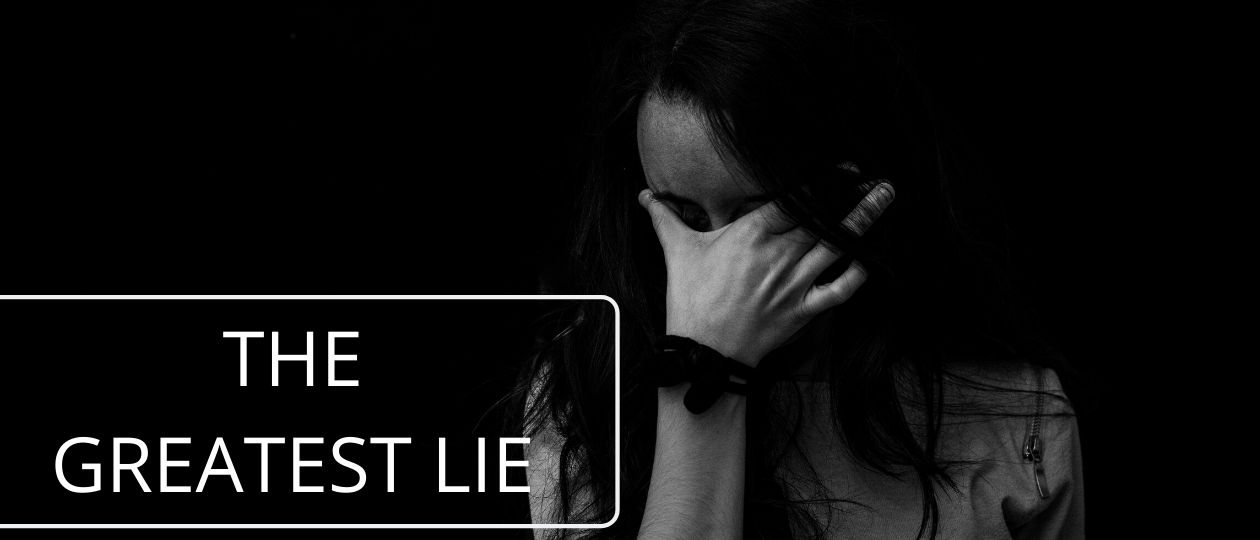The Greatest Lie
Last week I said that self-interest should never be our purpose in life. But I can and will go further than that—the idea of self-interest as our purpose is the greatest lie preventing us from reaching our purpose. You may remember that I explained how living for those sorts of external, pain/pleasure goals puts us into chronic stress. That’s a part of it, a big part, but the truth is it does even more than this. You might think, Okay, it’s stressful, maybe it’s a bad idea to live like that long-term. But stress can be a motivator. I want great relationships, but I still want to accomplish other things in my life, too. Of course, there's indeed nothing wrong with wanting to accomplish things, but you have to be very careful about why you want them.
Let me give you a personal example. My early childhood was about as happy and idyllic as it could be, but things got harder by junior high. I was short and fat, and at the time I also thought I was dumb and lazy because I wasn’t very good at thinking the way that academics demanded, especially at that time. I got teased and called names a lot, and eventually, it hurt so much that I made a life vow to myself. I was determined never to be mocked for my appearance again, so I became a fitness nut and exercised like crazy all through college. I was good-looking, popular, and eventually married a beautiful woman. It sounds like a success story, doesn't it?
But that’s because you’re only looking at the surface, at the external circumstances. Let’s dig a little deeper, shall we? Within a couple of years of getting married, I was on the verge of divorce. My career had stalled and seemed likely to fail completely. Physically, I was a wreck. I had acid reflux, had every symptom of cancer (although thankfully I have never been diagnosed with it), and seemed to have aged ten years.
This is what comes of living for self-interest. There’s nothing wrong with wanting to be fit, or good-looking, or popular, but I didn’t want those things. I needed them. My sense of self-worth was rooted in them, and when all that failed to give me the life I wanted and had tried my hardest to earn, what could I do? It was a dead end. The only thing to do was uproot, to start trying to live for love in the present moment. My wife told me later that the moment she saw me after I’d made that decision, she knew I was a different man. You can either find meaning in relationships, or you can try (and fail) to find it in yourself.
Every one of us has a piece of human software inside us called availability bias. It does two things. First, it causes us to lean toward the negative, which is a part of our survival instinct, intended to help us foresee and avoid potential danger. The second thing it does is cause us to take things out of context. If everyone around us is panicked about a global pandemic, then we’ll tend to be panicked too. But here’s the thing, out of every 10 people exposed to the virus, only 4 to 6 get it, not all 10. So what’s the difference between the ones who contract the virus and the ones who don’t—and between the ones who are really at risk if they do get sick and the ones who are not? As you’ve probably heard from the news, the key difference is the state of their immune system. And as we discussed in our previous posts, nothing turns down your immune system as quickly as fear and stress do. Physically speaking, the best thing for you can do is live according to love, and continue searching for your true meaning and purpose in life, according to your experience, the experience of others, and the physical facts of our bodies.
Have a blessed, wonderful day!
Alex Loyd



